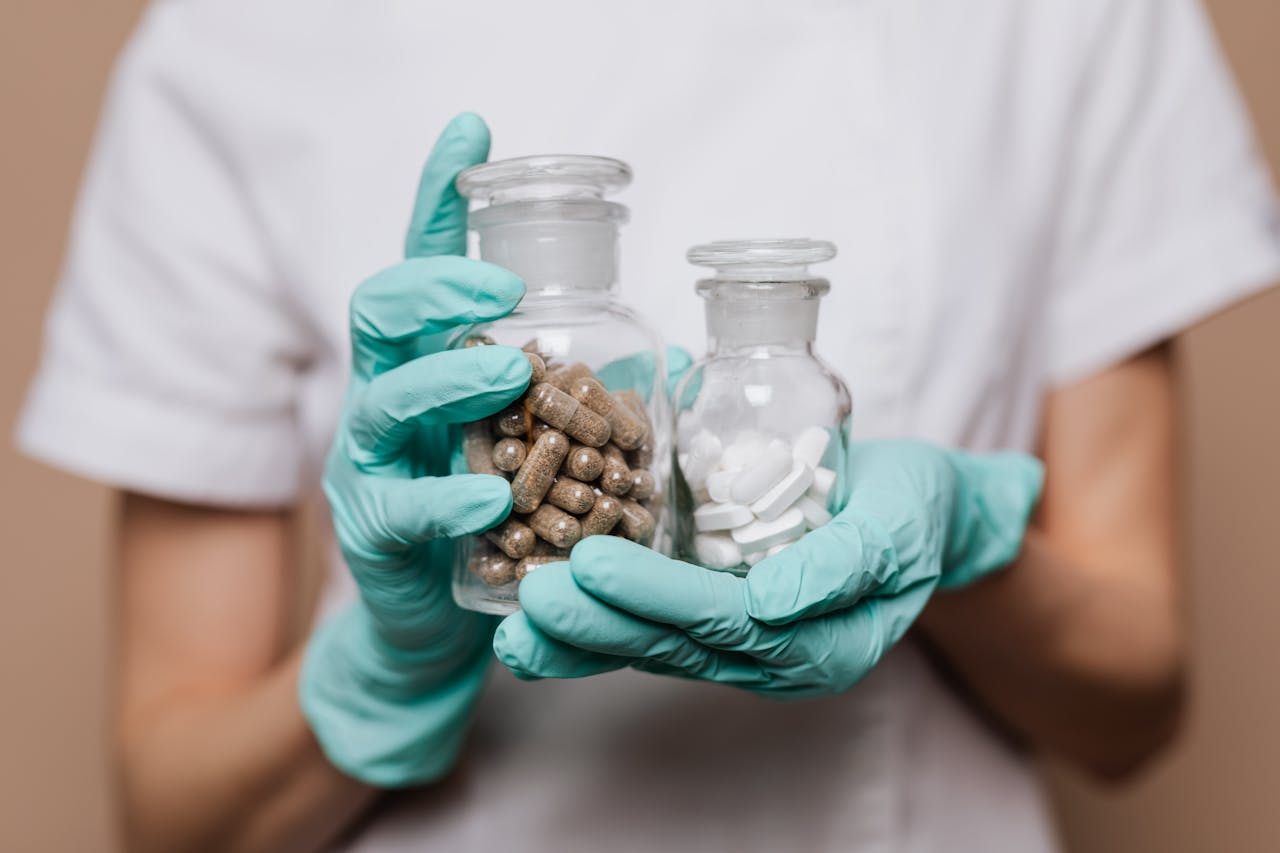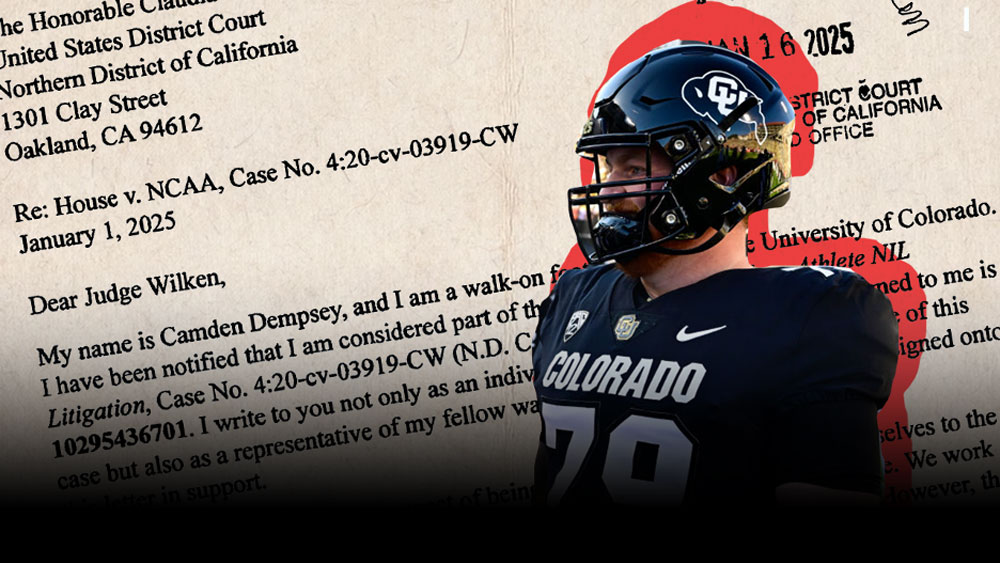
The number of pharmacists in the U.S. has jumped nearly 18% in just five years — a clear sign that demand for qualified professionals is rising fast.
If you’re a college student or recent graduate eyeing a career in pharmacy, this guide is your roadmap. We’ll walk you through the essential steps to obtain your pharmacist license, from education to exams and beyond. Whether you’re just starting or preparing for the NAPLEX, this article will help you navigate the process with confidence.
Earn a Pharm.D.
Before you can even think about prescriptions and patient consults, you’ll need to earn a Doctor of Pharmacy (Pharm.D.) degree from an accredited program. This isn’t your typical undergrad extension — it’s a four-year, full-time commitment that combines classroom learning with real-world experience.
Most schools require at least two years of undergraduate coursework beforehand, focusing on subjects like biology, chemistry, and anatomy. Admissions are competitive, and you’ll likely need to take the PCAT, gather strong letters of recommendation, and complete an interview.
Once you’re in, expect a mix of pharmacology, ethics, drug compounding, and communication skills. You’ll also complete rotations through various pharmacy settings, laying the groundwork for everything that comes next. It’s rigorous, yes — but it’s also where future pharmacists start to find their footing.
Pass the NAPLEX
The NAPLEX isn’t just a box to tick — it’s a serious milestone. Short for the North American Pharmacist Licensure Examination, this test evaluates how well you can apply your pharmacy knowledge in real-world scenarios. Think drug therapy, medication safety, compounding, and patient care. It’s a computer-based exam with 225 questions and a six-hour time limit, so stamina matters just as much as smarts.
Most students take the NAPLEX shortly after graduating, but you’ll need authorization from your state board first. Preparation often includes review books, question banks, and timed practice tests to simulate the pressure. Passing scores vary by state, but the national average hovers around 90%. That said, don’t take it lightly. This exam is your proving ground — the moment where all those lectures and late-night study sessions come together.
Meet State Licensure Requirements
Passing the NAPLEX is a big win — but you’re not licensed yet. Every state has its own pharmacy board, and each sets its own criteria for granting licenses. While the basics are similar, the details can vary more than you’d expect. Some states require a set number of internship hours, others emphasize specific training modules, and many demand passing scores on the MPJE.
Background checks are a near-universal step, along with submitting fingerprints and official transcripts. In certain cases, you might also need to verify that you’ve completed immunization training or other public health requirements. It’s essential to visit your specific state board’s website early in the process so you can keep deadlines straight and avoid last-minute surprises. Licensure isn’t just about passing exams — it’s about proving you’re ready to practice safely and legally where you plan to work.
Gain Supervised Experience
Before stepping into a pharmacy as a licensed professional, you’ll need hands-on experience — and lots of it. That’s where IPPEs and APPEs come in. These are your Introductory and Advanced Pharmacy Practice Experiences, and they’re more than just job shadowing. You’ll be out in hospitals, retail pharmacies, clinics, and even long-term care settings, applying what you’ve learned in real time under the guidance of licensed pharmacists.
Each state sets its own minimum hour requirement, but many aim for around 1,500 total. Your school typically arranges these placements, but don’t mistake them for mere checkboxes. These rotations are where theory meets practice — where dosage calculations, patient interactions, and pharmacy law start to feel real. Show up prepared, stay curious, and treat every shift as a chance to grow your skills and your confidence.
Prepare for the MPJE
The MPJE isn’t just another test — it’s your entry ticket into legal pharmacy practice. Short for the Multistate Pharmacy Jurisprudence Examination, the MPJE focuses on pharmacy laws, ethics, and regulations that vary by state. It’s a multiple-choice exam, and you’ll need to take a version specific to each state where you want to be licensed.
Studying for this one is different. You’re not just memorizing facts — you’re applying legal principles to real-world situations. Use MPJE practice questions, review pharmacy law exam questions, and consider taking a free MPJE practice test to get comfortable with the format. This exam proves you understand the rules — and that you’re ready to follow them.
Maintain Licensure
Getting licensed isn’t the end of the road — it’s just the beginning. To keep your credentials current, you’ll need to complete continuing education (CE) every renewal cycle, usually every one to two years depending on the state. Topics often include medication safety, new drug therapies, and legal updates.
Some pharmacists also pursue board certifications in specialties like oncology, ambulatory care, or geriatrics to boost their career options and salary potential. Staying licensed means staying informed. And in a field that evolves as fast as pharmacy does, that’s not just a requirement — it’s part of the job.
Final Dose: Putting It All Together
Becoming a licensed pharmacist takes more than just a degree — it takes focus, stamina, and a clear plan. But every step, from classes to clinicals to exams, brings you closer to a career that genuinely makes a difference. Stay organized, stay curious, and remember: the path may be long, but the destination is absolutely worth it.
SEE ALSO: How to Use Your College Degree to Become a Teacher












